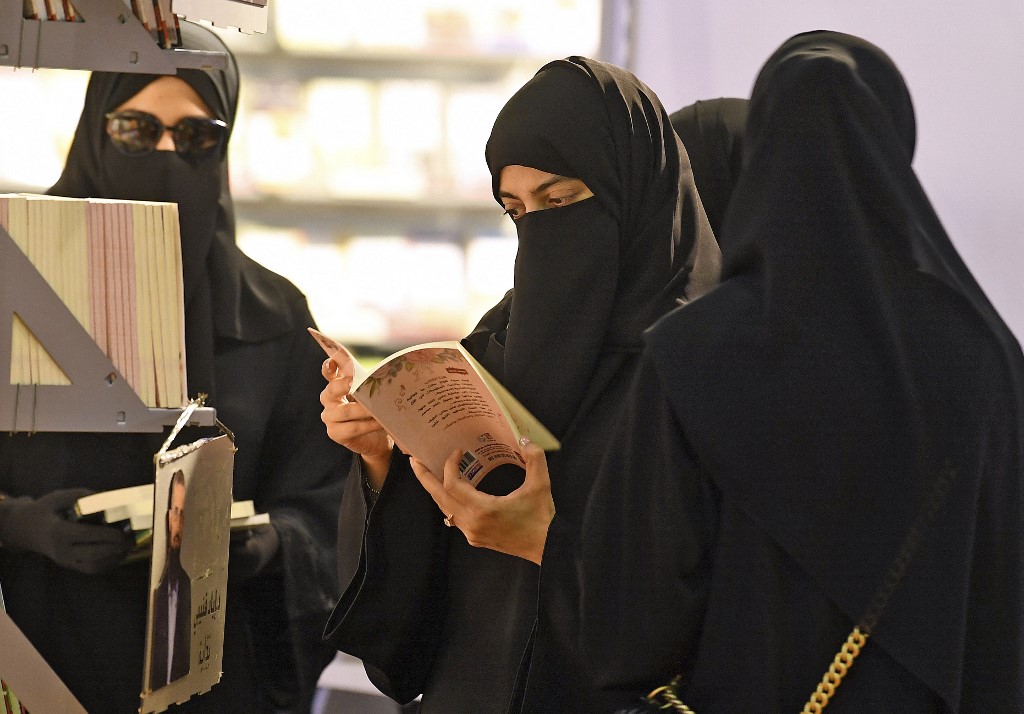São Paulo – The Group of Studies and Research on the Middle East (GEPOM), with the support of the Brazilian Center for International Relations (CEBRI), will offer several online courses from March to April. The four-class courses address history, gender, international relations, and other topics related to the Arab culture.
In March, the topics will be “History of Islam”, “Women in the Arab World,” and “Female Writers in the Middle East.” April will see “Culture and Resistance in Palestina,” and “Lebanon – History and Culture.”
The courses are coordinated by GEPOM cofounders and researcher professors Monique Sochaczewski and Muna Omran. They have collaborated as Middle East experts in the press and believe a wide-ranging debate is key to study and spread the cultural and historical wealth of the Middle East, particularly the Arab world.
“The Middle East as a whole, particularly the Arab world, sparks curiosity both because of its cultural wealth and the conflicts there. Consequently, stereotypes have been created. With this in mind, GEPOM offers to the general public courses addressing contemporary themes such as the female issue, Islam’s relations, Brazil’s diplomatic affairs with these countries, the diaspora, and the history of formation of the Arab countries throughout the 20th century. In addition, we seek topics related to the history of the Arab region, such as the Ottoman Empire,” Omran told ANBA.
History of Islam is taught by professor Muna Omran and runs on March 1, 8, 15 and 22 from 7pm to 8:30. Omran will address and present the history of Islam since its beginnings through its establishment at the Arabian Peninsula, as well as the expansion of the califates to the Iberian Peninsula. “Therefore, we aim to get a better understanding of Islam in the social and political relations of contemporaneity,” said Omran.
Women in the Arab world will be taught by Omran on March 4, 11, 18 and 25 from 5:30pm to 8pm. The course aims at presenting and discussing the female participation and prominence in the Arab cinema, music and literature, thus bringing down stereotypes related to the Arab women.
Female writers in the Middle East will be taught by professors Omran and Sochaczewski on Saturdays from 10am to 11:30am on March 6, 13, 20 and 27. The course aims at presenting and discussing the female empowerment and power relations in the literary production of four Middle East’s prominent female authors, including Morocco’s Fatima Mernisse and Lebanon’s Jomana Haddad.
Culture and Resistance in Palestine will run on Mondays from 7pm to 8:30pm on April 5, 12, 19 and 26 and be taught by professor Omran. The course aims at discussing how the Palestinian cultural manifestations (literature, cinema, music, theater) contribute to the preservation of their identity and are used as instruments of resistance.
Lebanon – History and Culture will be taught by professors Andrew Traumann and Omran on April 2, 9, 16 and 23 on Thursdays from 7pm to 8:30pm. The course aims at presenting the formation of the Modern Lebanon, the 1975 Civil War, the country’s political reconstruction, the COVID-19’s impact on the economy and politics, the participation of the civil society in the country’s transformation process, pointing to future perspectives.
Other courses that indirectly addresses the Arab culture are “Brazil-Middle East Relations,” “The Splendor of Eastern Rugs,” “History of the Ottoman Empire,” and “Armenians: From the Ottoman Empire to the Diaspora.”
Each four-class course is BRL 300 (USD 55) and offers student discounts. Classes are taught remotely via Zoom, and participation certificates are sent at the end of the courses. To find out more and register, send an email to: cursosorientemedio@gmail.com.
“We hope to spread the knowledge and this rich culture, showing the plurality and dialogue between different peoples, thus bringing down stereotypes related to it and making possible a wide-ranging understanding on the region not only to the academic public but the general public as well,” said Omran.
In addition to the courses, GEPOM hosts live streaming that are open to the public addressing current topics such as the Beirut Port blast. On February 23, the group will promote a live streaming at 8pm on “Gender and Audiovisual Content in the Middle East” based on two Netflix productions, TV show Ethos and movie Sandstorm.
Translated by Guilherme Miranda




